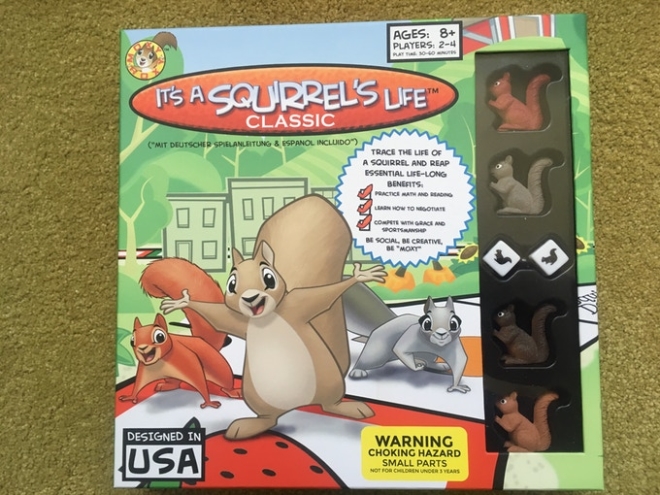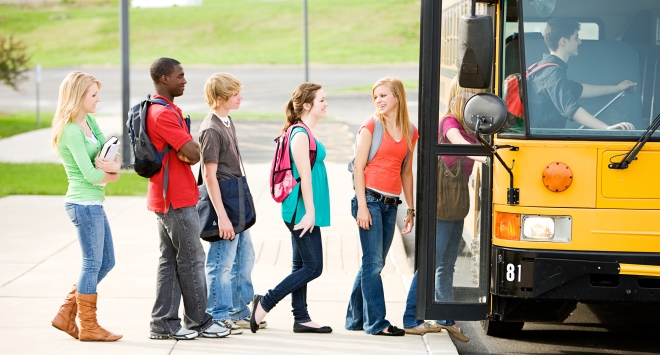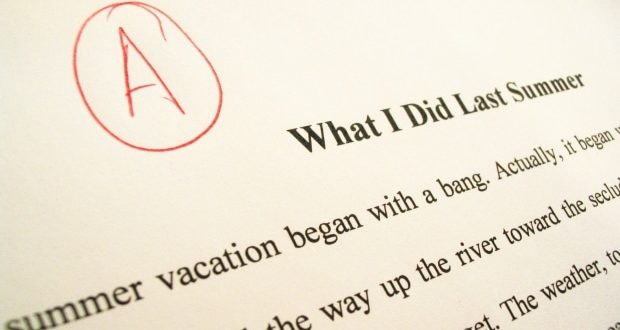Does More Homework Equal A Better Education?
Homework is one of the hallmarks of primary and secondary school, just not one we like to remember. The hundreds of hours spent studying and writing essays instead of playing and being a kid seem like time lost.
We tell ourselves it’s time well spent and will pay-off as adults. However, does more homework equal a better education? The numbers are not adding up. The amount of time spent doing homework has very little to do with the added gains of knowledge.
Three Hours Or Less
When we look at the numbers worldwide, something quickly becomes apparent. The time spent doing homework has very little to do with the overall school system’s success.
More Time for Playing
We learn best from experience. From watching, mimicking, and making mistakes.
When we keep children at a desk we deprive them of their chance to explore and learn on their own. Consequently, children have less real-life experiences to use as they classify and judge the world around them later on in life.
Correlation Is Not Causation
Some countries, like America and the U.K., start placing children in school as early as age four! The average kid spends between five to six hours in school and then five to six hours on homework!
That’s a 50 plus hour week of school work!!! And both countries scored below the top 10 in education systems worldwide.
Finland, which scored fifth in the world, doesn’t begin sending children to school until age seven. They have only three hours of homework.
South Korea averages only three hours of homework. They rated as having the number one education system in the world as of 2014.
It’s clear it’s not the time spent in school or doing homework that matters, it’s the system itself.
When you look at the big picture and compile all the data you can see the time spent doing homework loses effectiveness after three to four hours.
According to this article at Ozicare.com, countries like Italy (8.7 hours) and Russia (9.7 hours), usually end up lower in the ranking.
While less homework may not mean better education, extra homework seems to mean a worse one. Why would anyone want their children spending that much time on homework for such poor results?

Infographic Source: Ozicare http://www.ozicare.com.au/life/insights/homework-around-the-world
Birthdays and Christmas are two special gift-giving occasions in the life of a child. As your child grows older finding them a great gift they’ll really appreciate can get increasingly difficult. Your child wants a gift that offers non-stop entertainment and excitement.
As a parent, you want to give your child a gift that’s safe, encourages physical activity and exercise, and stimulates their mental creativity and growth. As a best-kept secret, there’s at least one gift that meets the desires of both kids and parents. Until now, it’s probably one gift idea you may not even consider – click here to find out.






